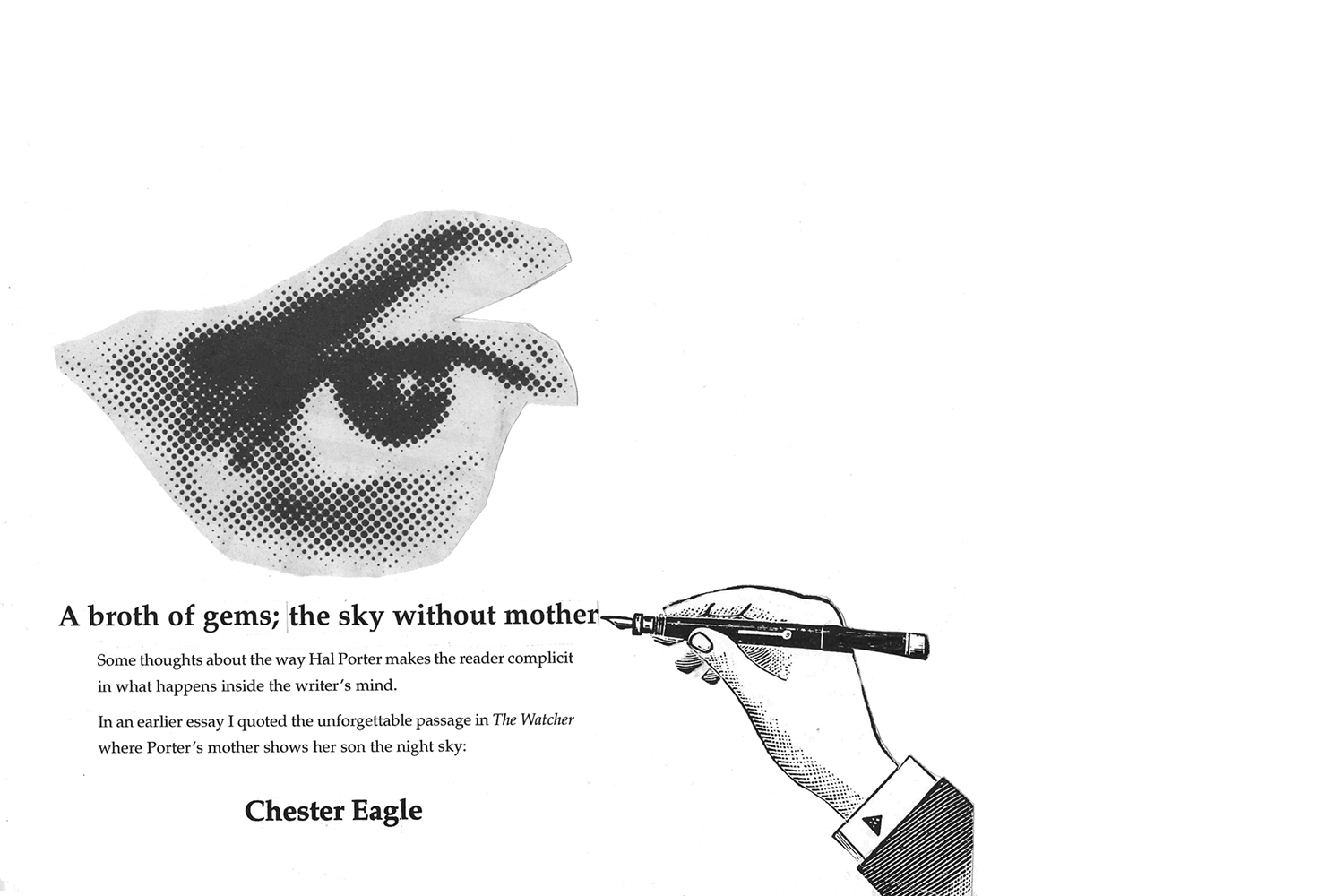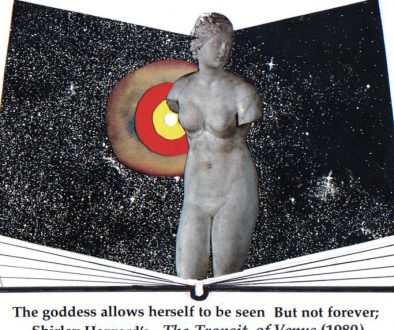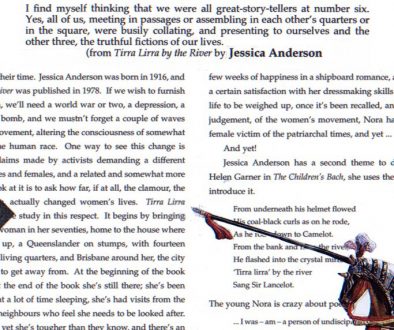12. A broth of gems; the sky without mother

12. A broth of gems; the sky without mother
Some thoughts about the way Hal Porter makes the reader complicit in what happens inside the writer’s mind.
A broth of gems; the sky without mother:
In an earlier essay I quoted the unforgettable passage in The Watcher where Porter’s mother shows her son the night sky:
When I am three and four and five and six Mother points out the constellations to me: Orion, The Whale, The Hare, The Scorpion, The Cup, The Southern Cross. I look up and up, so earnestly and for so long, at her finger stirring the broth of gems, that I become dazzled and giddy enough to conceive myself staring downwards into bottomless beauty. I know by name the stars and planets she knows by name, and have since learned no more than what she teaches me when I am a child.
I say ‘her son’; I should have said ‘her eldest’.
Not once do I catch her at the same exquisite exercise with the others: perhaps an eldest son exhausts a mother’s fire, burns out the last of her virginal flames with the more outrageous flames of the newer, untried masculinity that supplements and at the same time destroys the father’s older, tried-out and chewed-over masculinity.
A line or two later the same eldest is observing his sister’s practice at the piano – ‘its keys no longer sacred under a strip of camphor-scented flannelette’ – and then the trickling away of time: his tenth year is slipping, moment by moment, into the past. [read more]
Introduction:
In 1981 Patrick White published an autobiographical book called Flaws in the Glass; the Melbourne Age commissioned two reviews, one of them from Hal Porter, who said, among many things unflattering to ‘Mr White’:
Writers of my sort can be said not so much to read as to examine another writer’s work rather as one car freak examines the vehicle and driving of another car freak. One says, “Splendid vehicle! Superb driving!” Or, “Nice vehicle! Ghastly driving!” Or, “Can’t stand that kind of cumbersomely pretentious vehicle! And what bewildering and erratic driving!”
Hal confesses that the third attitude is his to the novels and plays of ‘Mr White’. I will say no more at this point about Mr White or Mr Porter, but I quote this comparison of writer and car freak because in the essays that follow I am the freak who comments on others of his kind. I know I can’t see my essays as others will see them but I imagine some readers accusing me of many things, and others, well trained, perhaps, in one or another school of literary or social criticism, who will think my observations no more than shallow or ignorant. To such people I can only say that these essays offer whatever it is that a fellow-writer can offer, and don’t pretend to offer anything else.



